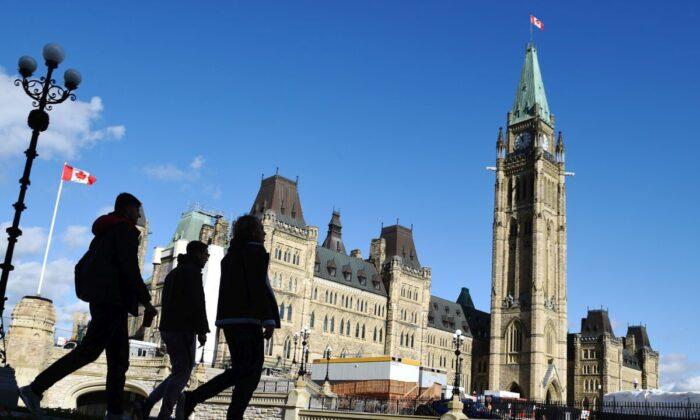Bill C-6 defines conversion therapy in overly broad terms and would eliminate supports that would help young people who are questioning their gender identity to avoid the path of invasive medical intervention, says the founder of a group that advocates for the rights of children.
Pamela Buffone of the Canadian Gender Report says the language in Bill C-6 will have the effect of entrenching the currently dominant “affirming” model of care at a time when medical gender transitioning is still experimental and there is growing concern around it.





